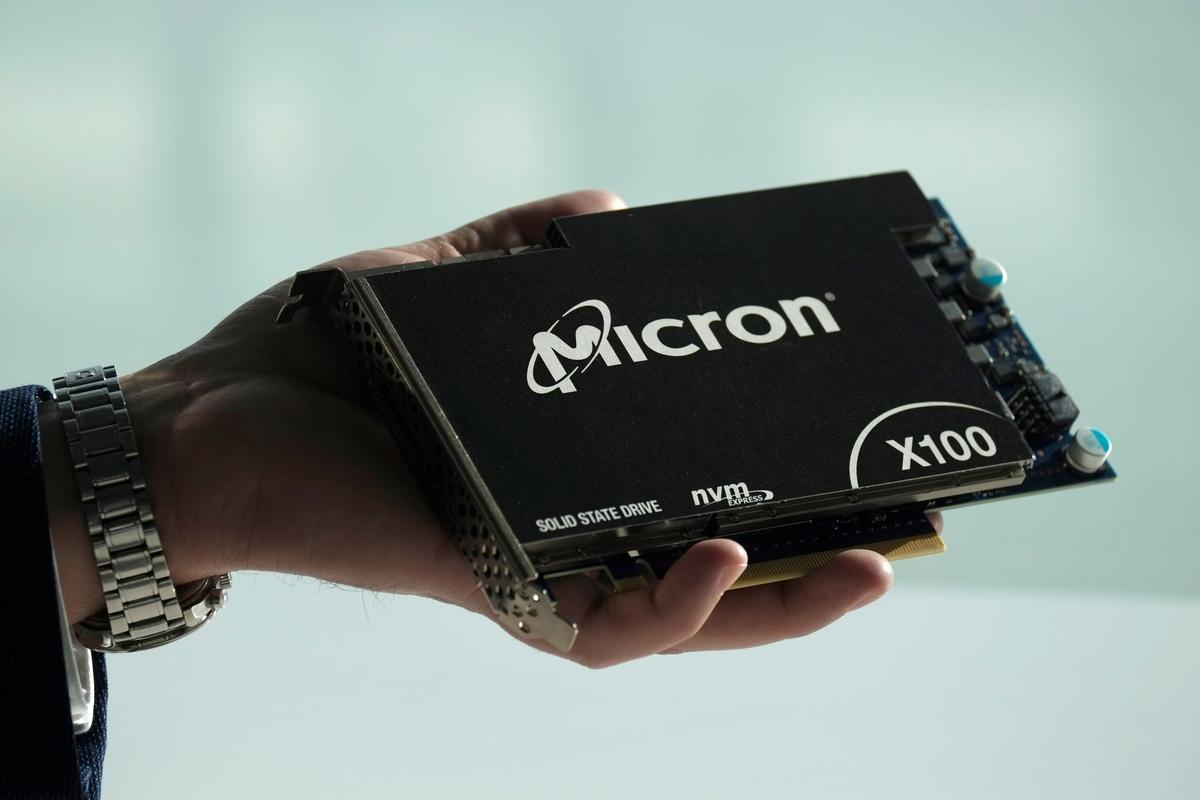(Reuters) – Micron Technology Inc said on Wednesday it had received all requested licenses to supply some products to its largest customer, China’s Huawei, a huge relief for the chipmaker that has been struggling amid a slowing memory market.
Shares of Micron rose nearly 4% in extended trading, after its quarterly earnings beat Wall Street estimates on an uptick in demand for memory chips after a tepid year.
“We applied for, and recently received all requested licenses that enable us to provide support for certain products … as well as qualify new products for Huawei’s mobile and server businesses,” the company said.
The licenses are not expected to have a material impact on the company’s revenue in the next couple of quarters, Micron said.
Washington placed Huawei on a so-called entity list in May, citing national security concerns, that effectively banned U.S. firms from supplying to it.
In June, Micron said it had determined that some of its products could still be legally shipped to Huawei, but others remained barred.
U.S. officials in November began granting licenses to companies to resume shipping to Huawei, but Micron had not disclosed then if it had received a license.
Chipmakers have faced harrowing 17 months as United States and China traded tariff blows that reduced access to the Chinese market – one of the largest for U.S. companies.
The Idaho-based company forecast second-quarter revenue between $4.5 billion and $4.8 billion, while analysts were expecting $4.78 billion.
“With our strong execution and improving industry conditions, we are optimistic that Micron’s fiscal second quarter will be the cyclical bottom for our financial performance,” Chief Executive Officer Sanjay Mehrotra said.
On an adjusted basis, the company earned 48 cents per share compared, ahead of analysts’ estimates of 47 cents per share.
Net income attributable to the company fell to $491 million, or 43 cents per share, in the first quarter ended Nov. 28, from $3.29 billion, or $2.81 per share, a year earlier.
Revenue also fell to $5.14 billion from $7.91 billion, but beat estimates of $5.01 billion, according to IBES data from Refinitiv.
Source: Read Full Article
